Are you aware of the psychological beliefs that might be harming you or the people around you? Pseudo psychology can be found everywhere from social media posts to self-help books, making it easy to fall for its false promises. However, it can have serious consequences on both individuals and society, in general.
Let’s explore pseudo psychology types and beliefs using examples. And also, the impact it can have, and why it’s important to rely on scientific evidence and critical thinking when it comes to psychological claims.
What is Pseudo Psychology?
Are you tempted by quick and effortless solutions to complex problems? From astrology and fortune-telling to subliminal messaging and the Law of Attraction, there are various types of pseudo psychology that can lure people.
Well, in a nutshell, Pseudo psychology is fake ideas or theories that claim to be scientific but aren’t backed by evidence or credibility.
Imagine someone telling you that you can achieve your dreams just by visualizing them without putting in any actual effort or action. Well, that’s most likely an example of pseudo-psychology.
Related – Dark Psychology And Manipulation: 10 Most Common Techniques
Some common characteristics of pseudo psychology include:
- Often makes unrealistic promises of quick and miraculous results, without any evidence to back them up. These exaggerated claims can be misleading and potentially harmful.
- Lack of empirical evidence, and unsupported or false assumptions.
- Tends to make broad statements about people, personalities, and behaviors without considering individual differences. This can lead to inaccurate and misleading information.
- A lack of clarity can make it difficult to tell whether the claims are legitimate or not.
- Frequently uses emotional appeals and persuasive language to convince people of their claims, rather than logical arguments. This can be particularly dangerous because it can make people more vulnerable to manipulation and false information.
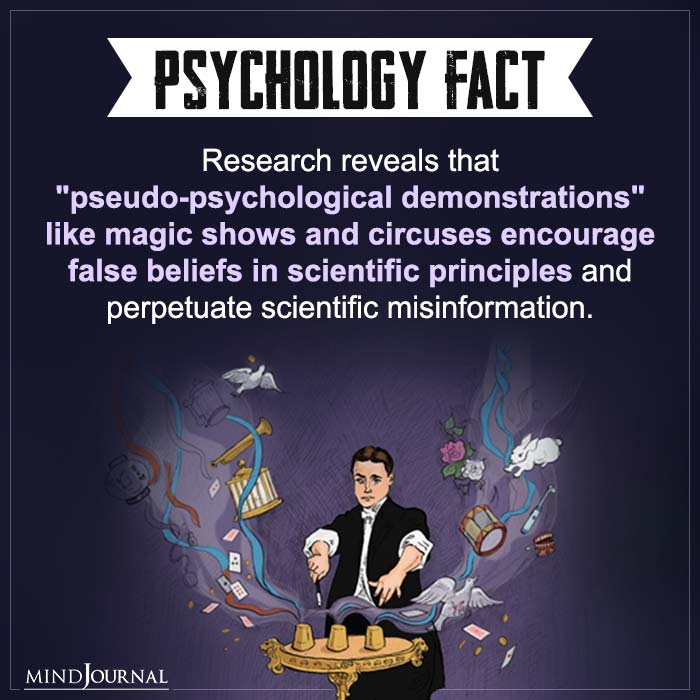
Why is understanding Pseudo Psychology important for you?
Pseudo psychology can be alluring since they offer quick solutions and easy answers to complex issues, but in reality, it can do more harm than good.
Understanding pseudo psychology is crucial because it empowers you to distinguish between evidence-based scientific information and false claims.
By recognizing the dangers of pseudo psychology, you can make informed decisions and develop critical thinking skills to improve your well-being and contribute positively to the world around you.
Common Pseudo Psychology Beliefs that Lurk Among Us
Let’s take a closer look at some of the pseudo psychology examples that have gained popularity, but lack scientific evidence to support their claims.
1. Horoscope describes your daily events
Have you ever wondered if the position of the stars and planets during your birth has an impact on your life?
Astrology, an ancient belief system, suggests that it does. It claims that the alignment of celestial bodies during our birth can shape our personalities and influence our future.
For instance, Some people believe that their horoscope accurately predicts their day’s events, even though it’s only based on their birth date and lacks scientific evidence.
While some see astrology as mere entertainment, others find it comforting and reassuring in an unpredictable world.
Related – Medical Astrology: 12 Zodiacs, Here’s Your Body’s Weak Spot
2. Numbers determine your life’s path
Have you ever wondered what your life path number says about you?
According to numerology, your life path number is derived from your birthdate and can reveal insights into your personality and character.
For instance, if your life path number is 5, some numerologists claim that you are adventurous, versatile, and quick-witted. However, it’s important to note that there is no scientific evidence to support these claims.
Furthermore, many of the statements made by numerologists are often vague and general, making them applicable to just about anyone.
3. You can be put into a trance-like state
Hypnosis is a captivating practice that holds that a person can be put into a trance-like state in which they become highly suggestible. Under hypnosis, people can be induced to do or say things that they might not do otherwise.
Ultimately, the practice of hypnosis offers a fascinating glimpse into the mysteries of the mind. Whether you’re a skeptic or a true believer, exploring this ancient practice can offer new insights into the power of the human psyche and its impact on our lives.
4. Your palm reveals your future
Have you ever looked at your hands and wondered what secrets they hold?
According to the practice of palmistry, the lines and shape of a person’s hands can reveal insights into their personality, future, and health.
For instance, some palm readers believe that the length and curvature of the heart line can reveal insights into a person’s emotional nature. A long, straight line may indicate that you are passionate and generous, while a short, curved line may suggest that you are pragmatic and grounded.
Related – Intriguing Palmistry: 7 Hand Shape Reveals Your Personality
5. Handwriting reveals personality traits
Have you ever wondered what your handwriting says about you?
Graphology is the belief that a person’s handwriting can reveal insights into their personality traits and emotional state. Graphologists analyze the size, shape, and slant of the letters, as well as other characteristics of handwriting to make predictions about a person’s inner nature.
For instance, a graphologist might claim that a person’s slanted handwriting indicates a dishonest or secretive personality, but without any solid evidence to support such claims.
While these pseudo psychology beliefs can be fascinating and entertaining, it’s important to approach them with a critical eye and awareness that they lack scientific support.
It’s always better to rely on evidence-based practices when it comes to understanding human behavior, personality, and mental health.
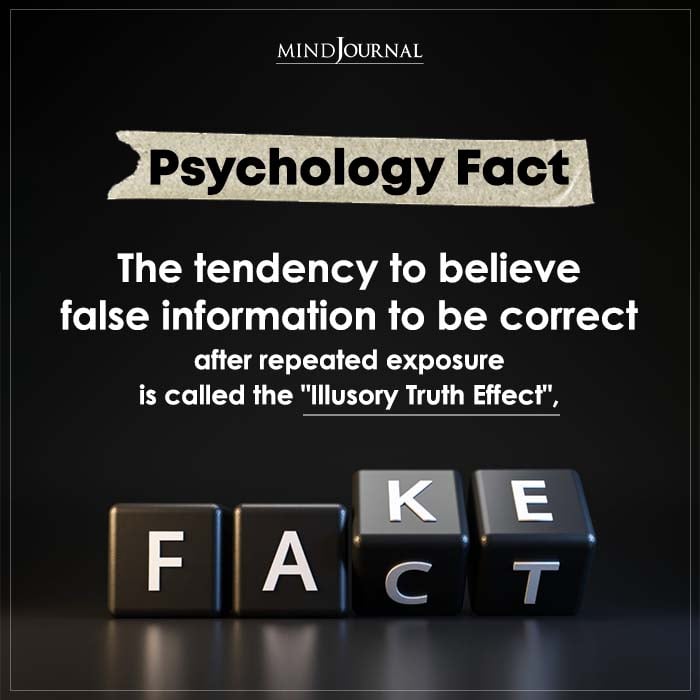
Harmful Impact of Pseudo Psychology on Individuals and Society
Pseudo psychology has a significant impact on both society and individuals. Its false claims and unsupported theories can be harmful, misleading, and potentially dangerous.
- Pseudo-psychology can fuel misinformation and promote false beliefs.
- It can lead to a loss of faith in genuine psychological practices and mental health professionals.
- People may make decisions based on inaccurate information, leading to negative outcomes.
- False promises of quick fixes or easy answers can lead to disappointment and frustration.
- It can divert individuals from seeking the help they need for their mental and emotional well-being.
- Belief in pseudo-psychological practices can result in a sense of failure when promised results don’t materialize.
It is important to be able to distinguish between real psychological theories and fake ones to avoid being misled and protect ourselves from potentially harmful practices.
Related: 10 Most Popular Psychological Persuasion Theories To Influence People
Why Science and Critical Thinking Matter
Relying on scientific evidence and critical thinking can have a significant impact on the choices we make and the way we live our lives.
Here are some compelling reasons why relying on scientific evidence and critical thinking is crucial.
1. Accurate Information
When information is based on scientific evidence, it’s more reliable than information that isn’t. With the help of science, you can get accurate information about your health, the environment, the economy, and more.
2. Avoiding Harm
Believing in unproven cures or practices can be dangerous. By relying on science, you can avoid harmful practices and make informed decisions that keep you and society safe.
3. Innovation and Progress
Scientific evidence is the foundation of technological advancements, medical breakthroughs, and other innovations that have improved our lives. By supporting scientific evidence, you can encourage progress and further advancements that benefit society.
4. Critical Thinking Skills
Relying on scientific evidence requires critical thinking skills like analyzing evidence, evaluating arguments, and weighing different perspectives.
With the help of logic and science, you can develop your critical thinking skills and make better decisions in all areas of your life.
Pseudo-psychology has become increasingly prevalent in society, and it is important to recognize its characteristics and dangers.
By understanding the limitations of pseudo psychology and relying on science and critical thinking skills, we can make informed decisions that benefit ourselves and society as a whole.
Let us reject false claims, overgeneralization, vague language, and emotional appeals, and instead, embrace accurate information, avoidance of harm, innovation, progress, and critical thinking skills.
Frequently Asked Questions (FAQs)
Is psychology a pseudoscience?
No, psychology is not a pseudoscience and is a legitimate scientific field with rigorous research methods and empirical evidence to support its findings.
What is the difference between psychology and pseudoscience?
Psychology is a scientific field that uses empirical evidence and the scientific method to study the human mind and behavior, while pseudoscience lacks scientific evidence and rigorous research methods to support its claims about the mind and behavior.
What is Black Psychology?
Black Psychology is a field of study within psychology that focuses on understanding the experiences and mental health of Black individuals, communities, and cultures.


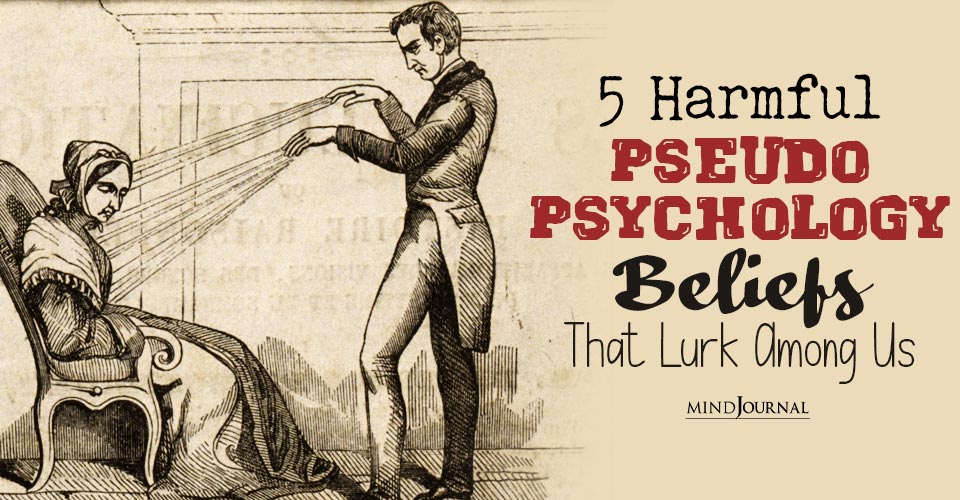

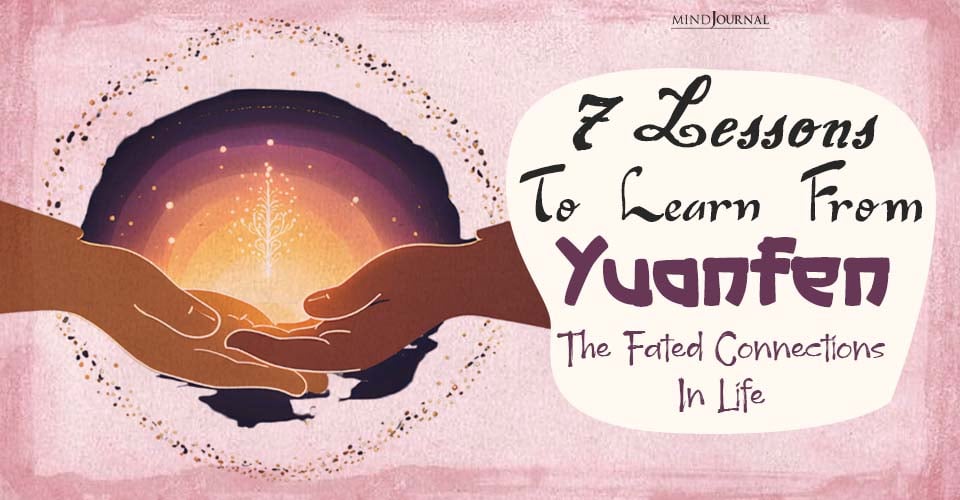
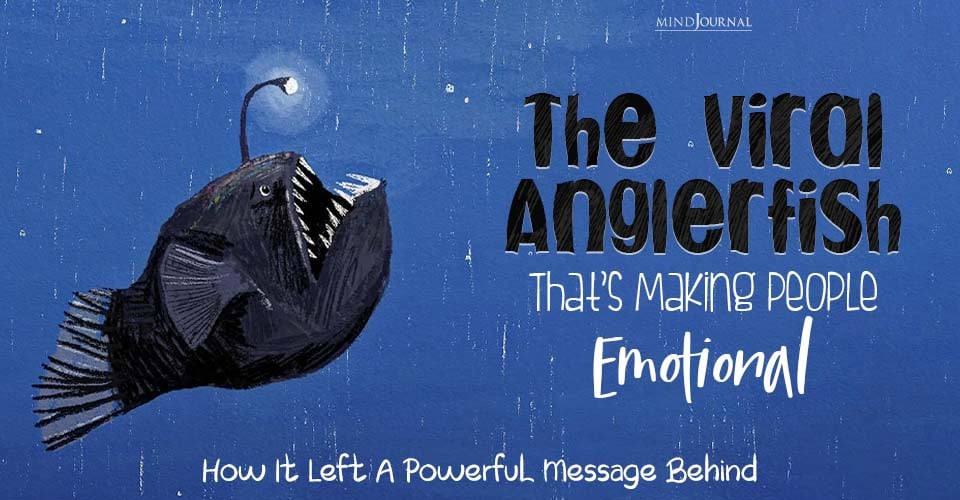




Leave a Reply